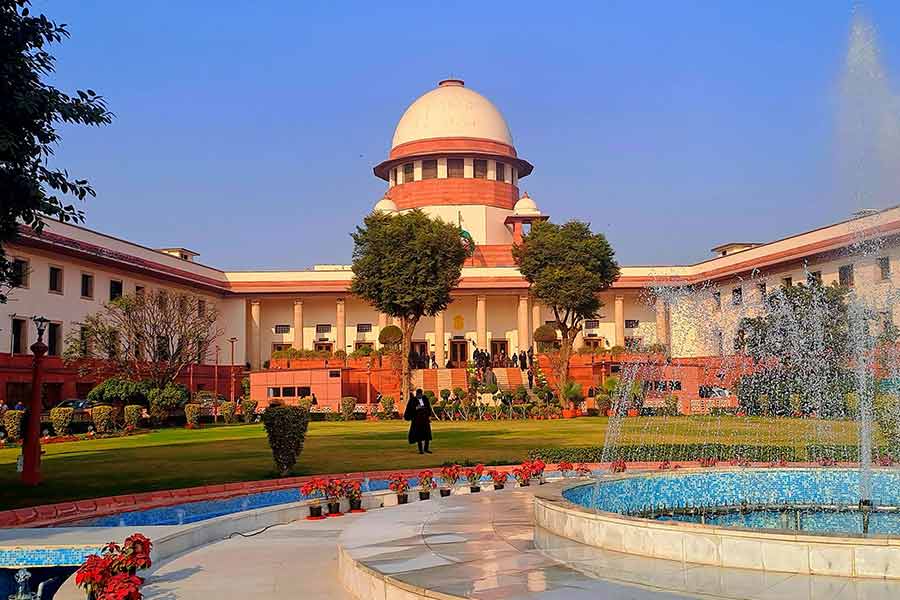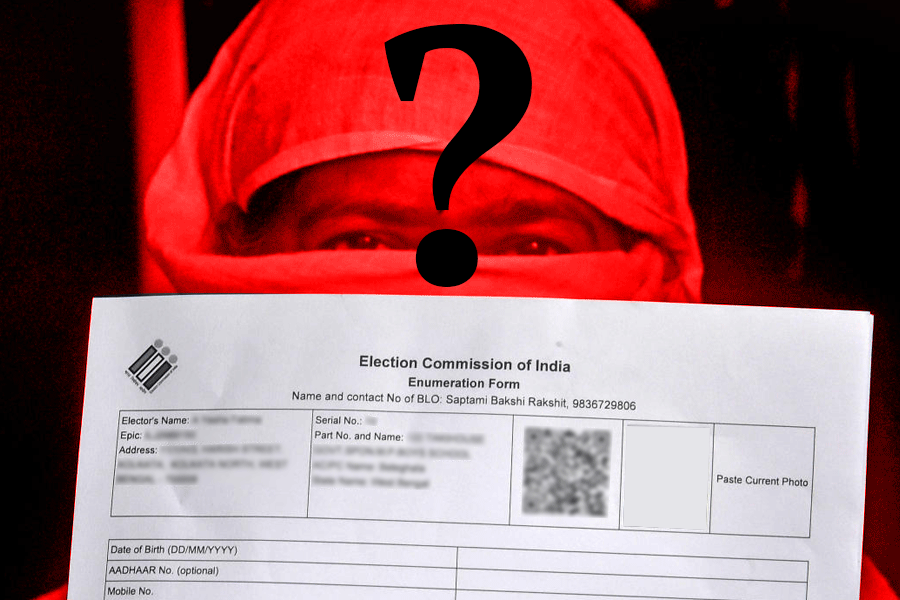The Supreme Court has sought the Rajasthan government’s response on a PIL challenging the constitutional validity of various provisions of the Rajasthan anti-conversion law which, among other things, empowers the state to confiscate and demolish properties of the alleged offenders.
The provisions have been contested on the ground that the law contravened a top court ruling that prohibited the demolition of properties without giving proper notice and time to the aggrieved persons to defend themselves.
A bench of Justices Vikram Nath and Sandeep Gupta issued notice to the state on the petition filed by the Association for Protection of Civil Rights (APCR) challenging the constitutionality of Sections 5(6), 10(3), 12, and 13 of the Rajasthan Prohibition of Unlawful Conversion of Religion Act, 2025, which prescribe severe penalties for alleged illegal conversions, including forfeiture, confiscation and demolition of properties.
The bench issued notices on both the main petition and a plea seeking an interim stay on the impugned legislation.
The PIL has argued that the impugned provisions were a direct assault on the judiciary and amounted to a legislative overruling of the apex court’s landmark judgment in 2024 in which a bench headed by Chief Justice B.R. Gavai had directed that no punitive action could be undertaken without judicial determination of guilt.
It was submitted that the Rajasthan anti-conversion law allowed the district magistrate or a gazetted officer to order confiscation or demolition of properties through summary inquiries, replacing judicial procedure with arbitrary executive discretion. It noted that Section 5(6) of the Act permitted the forfeiture of properties of innocent owners “with or without consent”, institutionalising a form of collective punishment and absolute vicarious liability.










